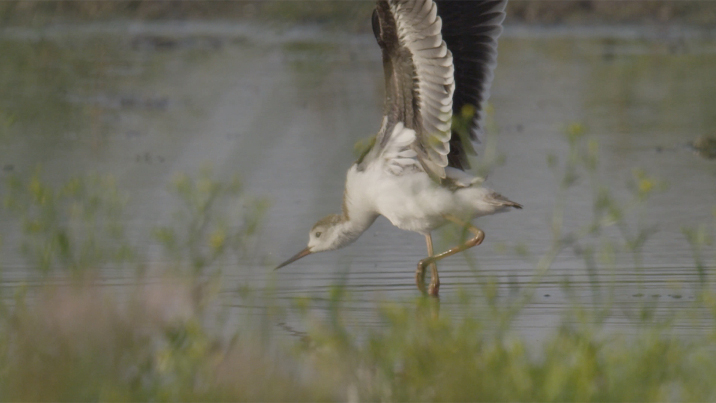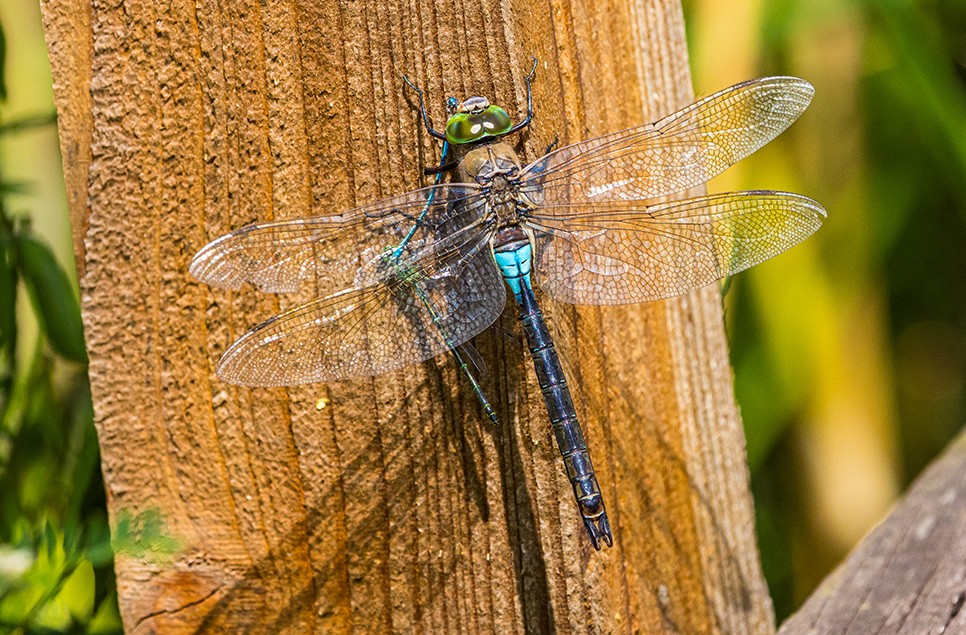The only black-winged stilts to hatch in the UK this year have successfully fledged in Somerset

A trio of black-winged stilt chicks have flown the nest at WWT Steart Marshes, where to the disbelief of conservationists, they hatched last month.
This is the first time the rare wader has ever nested at the reserve and it is the most western point in the UK that black-winged stilts have ever bred. Black-winged stilts are a rare breeding bird in the UK, and when they do it is usually specific to the south east of England however the changing climate is bringing new species to new areas of Britain.
As this particular little water bird is site-faithful, this exciting development increases the chances of a small population forming at WWT Steart.
Watch the video
Alys Laver, Site Manager at WWT Steart, welcomed the news. She said:
“We’ve been spoiled. From the first sighting of these unusual visitors, to the discovery of a nest, and the arrival of three healthy chicks, what more could we want than all of them to successfully fledge? There’s finally something to shout about in 2020!
“Steart Marshes is still a relatively new habitat, having been created just six years ago and this is a perfect example of how quickly wetlands can start to support wildlife, local and rare, with a little TLC.
“Now that the chicks can fly, they’ve passed the most dangerous stage of a bird’s life. We hope they’ll come back and visit us next summer – and who knows, maybe they’ll even breed here again.”
Black-winged stilts are large black-and-white waders with long reddish-pink legs, mainly found in Southern Europe. As global temperatures rise, black-winged stilts have been increasingly sighted in the UK searching for marshy wetlands to raise their chicks, but fledglings are still extremely rare.
Conservationists agree that more wetlands are needed to support new visiting species such as great and cattle egret as the climate warms.
The changing climate has also changed how far visiting summer species have to travel south for the winter with many black-winged stilts stopping off in the Mediterranean rather than sub-Saharan Africa.
Alys added:
“We wish them well on their winter migration.
“Meanwhile we’ll be managing water levels over the next year to make sure our freshwater areas are in the best possible condition for their return.”



